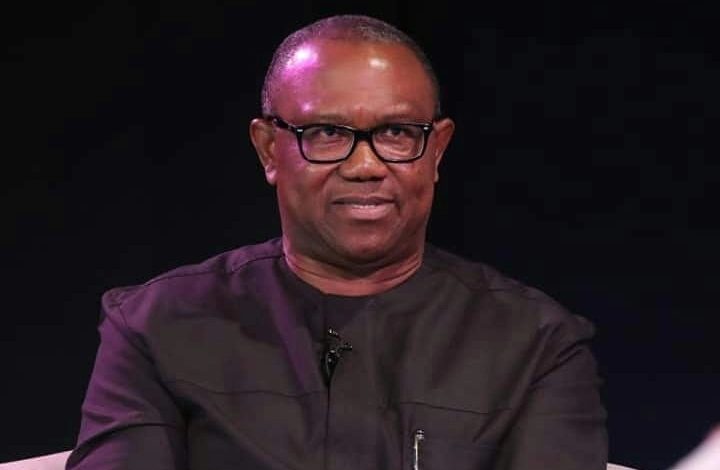
By Tony Okafor, Awka
The vice presidential candidate of the Peoples Democratic Party in the 2019 general elections, Mr Peter Obi, has warned all tiers of governments, especially the Federal Government, to stop borrowing for consumption.
The former governor of Anambra State called for a law prohibiting such borrowings.
Identifying mismanagement of borrowed funds as a serious threat to Nigeria’s economic survival, Obi posited that that was part of the reasons Nigeria had not only retrogressed, but mortgaged the future of generations to come.
He lamented that Nigerian governments over the years have failed to invest the funds borrowed from different sources, stressing that more saddening was the amount of financial resources that went into debt servicing.
Obi said,“For every one naira we borrowed, 80 kobo was spent servicing the loan. One looks around in the country, and there is no development that justifies the funds borrowed over the years.
“If the funds borrowed were invested in the critical areas of development – education, health and poverty alleviation, Nigeria would have developed beyond what it is today.
“There is nothing wrong with borrowing. What we need to do is to put a law in place that if we must borrow, it must strictly be for investment in areas of growth.
Many countries have built robust economies with borrowed funds. We can do the same if only we commit to the development of our nation.
“In 2010, Bangladesh had a GDP of $115 billion. Their per capita income was $780, while their debt stood at $41 billion, about 36 per cent of their GDP. As at the year 2020, Bangladesh’s GDP had risen to $325 billion, while their per capita income is above $2,000, with their debt standing at $115, which is still 36 per cent of their GDP.
“This shows that in a period of 10 years, their GDP has increased, their per capita income tripled and their debts also grown. What the above implies is that a country like Bangladesh borrowed funds for investment. Today, the small-scale business sector of the country is growing and exporting textile materials to the UK. Their Diaspora remittance today is about $25 billion.
“This goes to show that they invested in educating their people too. The above is in contrast to Nigeria, whose GDP was $351 billion in 2010, per capita was $2, 250 while the debt stood at about $40 billion, some 14 per cent of our GDP. By 2020, Nigeria’s debt had tripled to well over a hundred billion dollars.
“Our GDP only grew by 10 per cent while the per capita income reduced to less than $2,000. “Thus, the borrowed funds meant to pull our people out of poverty threw more people into poverty, doubled unemployment rate, and so on.




